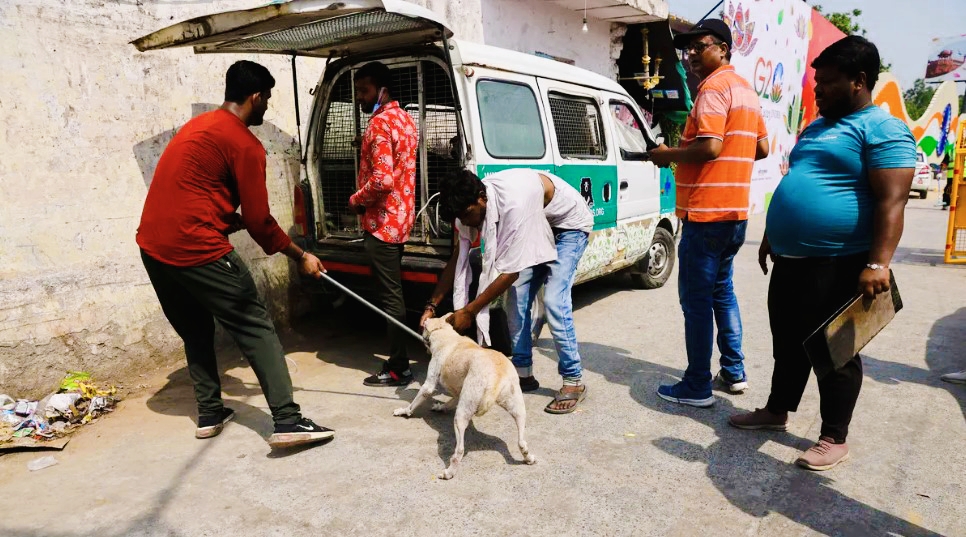In a decision that sparked widespread controversy among its supporters and opponents, the Supreme Court of India issued a ruling to release all stray dogs that had been removed from the streets of the capital, New Delhi, after undergoing necessary sterilization and vaccination procedures.
The ruling mandates the return of these dogs to the same areas from which they were previously removed, in a move that reflects a reversal of a prior court ruling issued on August 11, which had ordered the dogs to be placed in permanent shelters.
The new ruling also includes a directive to local authorities to designate specific areas for feeding stray dogs throughout the capital, in order to ensure the organization of their presence and reduce the chances of direct interaction between them and the residents.
This amendment came after a legal challenge presented by animal rights activists and dog lovers, who argued that the previous decision contradicted animal rights and welfare standards.
Although many stray dogs in New Delhi are not classified as dangerous, their presence on the streets is not without risks, as medical data indicates that hospitals in the capital receive about 2,000 dog bite cases daily, some involving children, highlighting the challenge the city faces in balancing the protection of citizens with ensuring animal welfare.
The new court decision is considered a significant step in the ongoing debate about how to handle stray dogs in Indian cities, reigniting the discussion on how to balance public health and animal rights in one of the largest capitals in the world.

